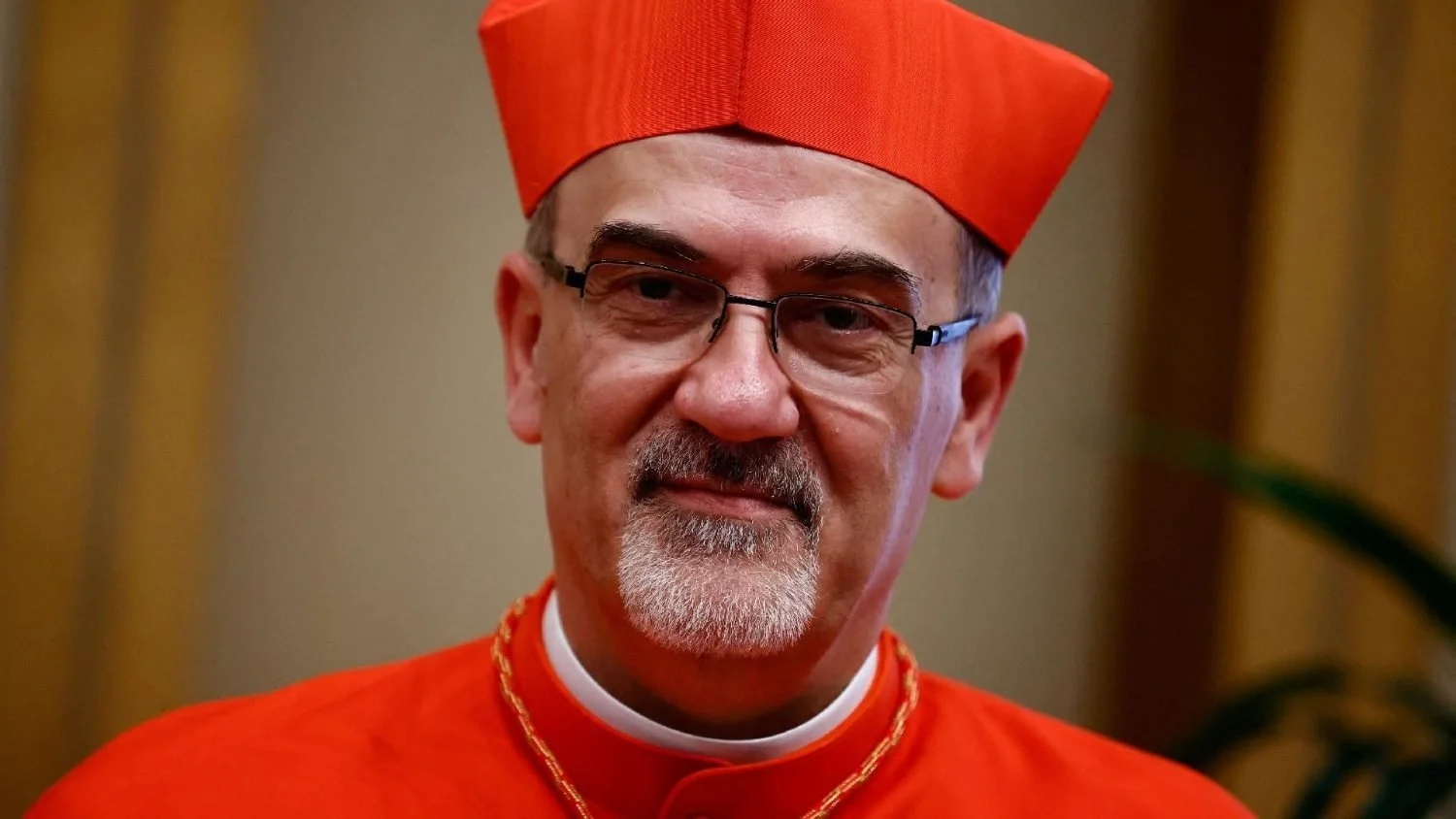Meditation Of His Beatitude Patriarch Cardinal Pierbattista Pizzaballa: XI Sunday Of Ordinary Time
Below you can find the Meditation of His Beatitude Patriarch Cardinal Pierbattista Pizzaballa, Latin Patriarch of Jerusalem, for the XI Sunday of Ordinary Time B, Sunday 16 June 2024.
Mk 4: 26-34
Last Sunday’s Gospel passage ended with Jesus’ gaze resting on those around him (Mark 3:34). It is a gaze capable of seeing beyond what is apparent: Jesus looks at the people listening to him, and sees in them brothers, sisters, and mothers.
He looks at people and sees a relationship, he sees the bond that unites them in depth.
This bond is the ripened fruit of faith: Faith is not just believing in revealed truths, but entering into a life-changing relationship, and accessing a new identity that can no longer think of itself outside of a relationship with the Lord and with one's brothers and sisters.
Today's Gospel (Mk. 4:26-34) is a passage with two parables, both inspired by the agricultural setting, by which the Lord speaks of the Kingdom, namely, the relationship we previously talked about. Because the Kingdom of Heaven is a relationship of love that unites people into one life, the life of God.
Today’s parables tell us how this happens, and what are the needed steps for the seed to ripen and bear fruit.
The first thing we can notice is that the initiative always comes from God (Mark 4:27).
The whole history of salvation testifies to this: it is always God who takes the initiative of the covenant with man. Man alone could never assume the possibility of this covenant, this relationship of love. Then it is God who undertakes to sow the seed of covenant and love into history.
The Kingdom begins with a seed that we do not yield, but rather given to the earth with absolute gratuitousness.
It is not man, in his strength, who produces the fruit: it is God who takes the initiative to place in the earth the seed of his life.
Then, the seed is God's; but, even better, the seed is God himself.
God chooses to make his life a seed placed in the earth of Mankind, so that this earth may flourish and bear fruit, which is not simply a fruit of human life, but a fruit of divine life.
Jesus himself is the seed that lies in the ground to give life, through his death and resurrection.
Thus, the seed that can give life to the world is Easter: the place of salvation where God's life is sown in every life.
The seed has some definite characteristics: it is very small (Mark 4:32), and therefore seemingly insignificant and powerless. This is the way chosen by God: because he decides to put his life in a seed, then the path will never be that of strength, power, or visibility. The path of the Kingdom will always be that of humility because love could never express itself otherwise.
But what then makes the seed so strong?…
This Meditation was originally published on the website of the Latin Patriarchate of Jerusalem. Please click here to read the full text.


